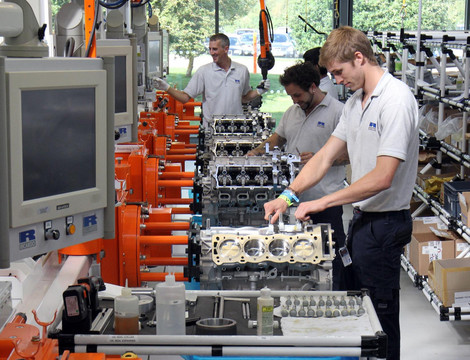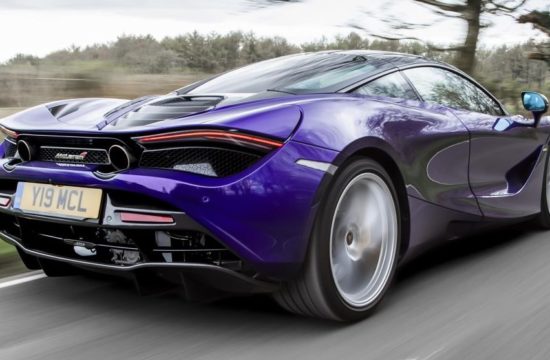
The magnificent twin-turbo V8 that powers the McLaren MP4-12C – and is 90 percent the reason why the car is so good – is built by Ricardo, a British engineering company. These guys are so good at what they do that Volkswagen asked them to design and build the gearbox for the Bugatti Veyron. The firm has now reached a new milestone by producing the 1,500th engine for McLaren.
Ricardo applies the same level of attention to details that, say, Nissan does for making the GT-R. Every part is assembled in a clean-room environment and they only use the best an most high quality materials. These guys aren’t mechanics, they are brain surgeons! And stuff they work on are sometimes cleverer than some humans. That’s a fact.
Now, we can’t explain all the technicalities that goes into the procedure of making the MP4’s engine,, partly because we’re not clever enough, and partly because it’s boring as hell. Still, for those who are interested, we hand over the mic to Ricardo:
The state-of-the-art facility is the newest building on Ricardo’s Shoreham Technical Centre site, and was designed around the manufacturing requirements of the McLaren M838T engine that powers the leading UK performance sports car manufacturer’s MP4-12C supercar. The facility provides a near clean-room production environment in which each and every process is carried out according to strict, best-in-class quality principles and within a comprehensive ‘no faults forward’ culture. In this way, Ricardo applies the very latest thinking in high quality mass manufacture within a low to medium volume setting. Lean manufacturing principles were incorporated from the outset of the facility’s design which was carried out in parallel with the development of the engine – itself designed in collaboration between Ricardo and McLaren Automotive – within an impressively short 18 month timescale from concept to pilot production. Less than a year following its launch, this advanced manufacturing facility has successfully completed and delivered 1500 engines to McLaren, and is now operating at its full production rate of 45 engines per week from a single shift.







